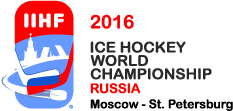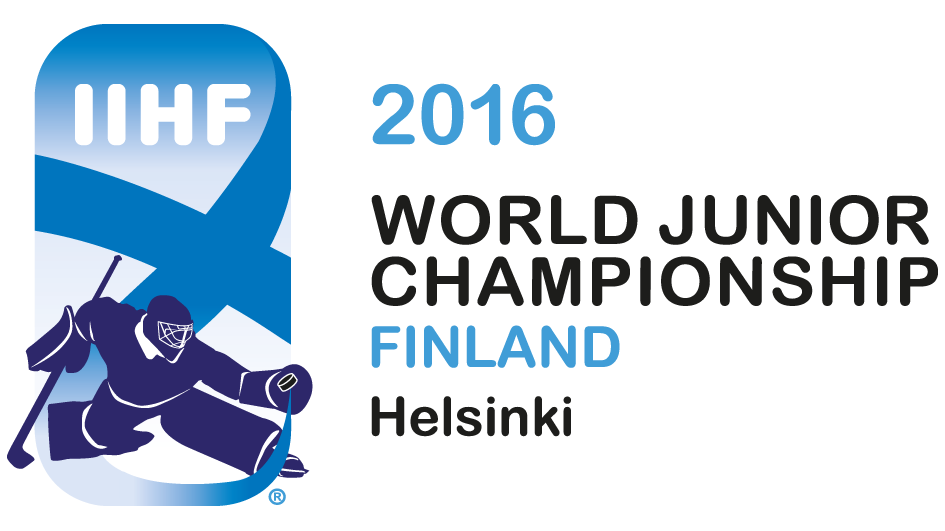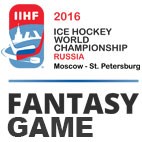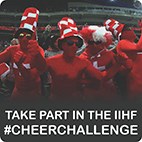SKA vs SKA
SKA vs SKA
Can Koskinen stop Shipachyov?

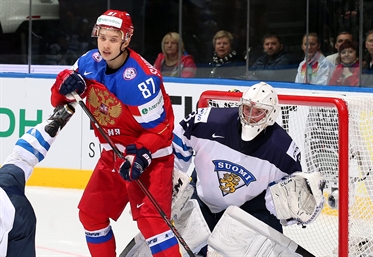 Russian forward Vadim Shipachyov and Finnish goalie Mikko Koskinen at the 2014 IIHF Ice Hockey World Championship. Photo: Andre Ringuette / HHOF-IIHF Images
Russian forward Vadim Shipachyov and Finnish goalie Mikko Koskinen at the 2014 IIHF Ice Hockey World Championship. Photo: Andre Ringuette / HHOF-IIHF Images
For Russian fans, a match-up with Finland on home ice brings back some painful memories. Two years ago in Sochi, the Finns ended Russia’s Olympic dream in the quarter final. And last time the Worlds came here, in 2007, Finland downed Russia in the semi-finals. So will it be third time lucky for the host, or will it once again fall to its neighbour?
The answer might be found in St. Petersburg, where Finland's goalie Mikko Koskinen plays for SKA alongside Russia's scoring leader Vadim Shipachyov. Koskinen's first-hand experience of so many leading Russian players - and vice versa - offers an intriguing sub-plot to a game that is all set up to be a classic.
The signs for Finland are good. After two Euro Hockey Tour victories in the Moscow Ice Palace just before the World Championship began, Suomi has powered through the tournament without dropping a single game. After dealing with the outsiders in Group B, it crushed Canada to claim top spot, then routed Denmark in the quarter-final. The team comes to Moscow full of confidence, with five players among the top 10 scorers in this year’s championship.
That quintet includes Mikael Granlund, whose wonder goal in the 2011 championship contributed to another memorable Finnish win over Russia, while there’s even more attention on Patrik Laine, the teenage prodigy from Tappara Tampere whose seven goals and four assists have cemented his burgeoning reputation and made him one of the hottest properties ahead of the NHL draft.
Laine also attracted the attention of Russia’s Ivan Telegin. “He’s a young, technically gifted player. He’s got great speed and we’ll need to watch out for him,” the CSKA Moscow forward said. “But that’s true of all the Finnish players. We’ll need to keep it tight and make sure they don’t get room to skate.”
Throw in a strong Finnish defence, backstopped by SKA St. Petersburg’s Mikko Koskinen and allowing just 0.88 goals a game thus far, and you have the makings of another big test for Russia against Kari Jalonen's men.
But the host nation, despite some wobbles along the way, has also hit form as the tournament continued – with Vadim Shipachyov’s line attracting all the plaudits after a string of game-winning displays.
It was the link-up between Shipachyov and his SKA team-mate Yevgeni Dadonov that turned around the quarter-final against Germany – and with former SKA man Artemi Panarin back on the line, the trio has delivered 15 goals and 24 points in the tournament so far.
There are also some happy memories of recent meetings between the teams – two Russian victories in Minsk in 2014 as Oleg Znarok’s team swept to gold and a record-breaking 8-1 demolition in Moscow in December, a rare highlight of a forgettable Euro Hockey Tour campaign for the Russians. That's why the word from the home locker room is that nobody is fixated on revenge for the ancient history of 2007.
Russia’s defence has come in for some criticism, especially early in the competition. Despite winning all but one of its games and winning most of them comfortably, Russia has allowed 208 shots on its net – far more than 134 faced by the Finns. However, Sergei Bobrovski and, when needed, Ilya Sorokin have been in good form and Russia hasn’t conceded more than one in a game since that disjointed 6-4 victory over Kazakhstan in game two.
It’s shaping up to be a contrast of styles: Finland, as ever, tough to break down and lethal on the counter attack; Russia, exuberant on offence and capable of overwhelming any opponent with sheer scoring power. Past experience suggests it will be a close-fought battle – and it could be special teams that tip the balance.
The Russian power play has not been its usual formidable self. A 22.22% conversion rate is only the seventh best here, while Finland’s 10 power play goals lift it to third in the championship. More significantly, though, the Finnish PK has allowed just three goals so far, placing it well above Russia’s. Finland’s renowned ability to frustrate opponents could get both the home team and home crowd on edge, drawing the penalties that might tip the balance in an intriguingly-poised semi-final.
Back to Overview

